Small businesses often operate within a leaner budget and smaller teams, making each decision and movement in the company have a higher impact on the overall success and trajectory of the business.
As the business world continues to recover from Covid-19 and the Great Resignation, it’s more important than ever for HR professionals and managers to invest in their People management practices to ensure higher retention, engagement, and productivity from their teams.
All in one HR software — also referred to as HRIS — offers a number of benefits to small businesses such as improved employee happiness, streamlined workflows, and great performance management (to name a few). As it is, studies have shown HR automation can decrease administrative costs by 30% for HR professionals and 49% for employers.
Which is why understanding exactly what to look for in HR software for small business is so essential to building a thriving workforce.
Here, we examine why it’s important to consider HR software for small business, as well as what it takes to determine the best HR software for small business, including key features, benefits, and common small business pain points that HR software helps address.
5 Reasons to Switch to HR Software for Small Business
Overall, implementing HR software can significantly benefit small businesses by increasing efficiency, ensuring data accuracy and security, promoting self-service capabilities, facilitating compliance, and enabling data-driven decision-making, helping HR do their job better, faster. Let’s take a look at 5 ways HR software for small business can boost your HR department’s efficiency and streamline your business objectives.
1. Streamlined HR processes
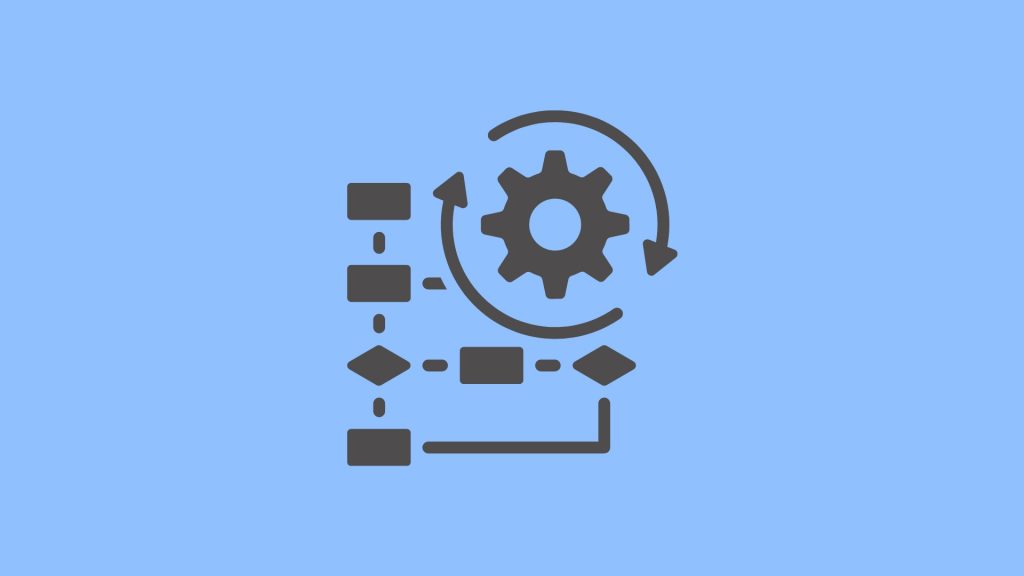
HR software automates and centralizes the various time-consuming administrative HR processes that your team does manually, such as employee data management, leave and attendance tracking, performance evaluations, and payroll. When you switch to HR software for small business, your HR teams reduce the risks of manual errors, streamline their HR operations, and save valuable time that can be used to focus on strategic initiatives such as employee engagement ideas for company culture rather than repetitive administrative tasks.
2. Improved data accuracy and security
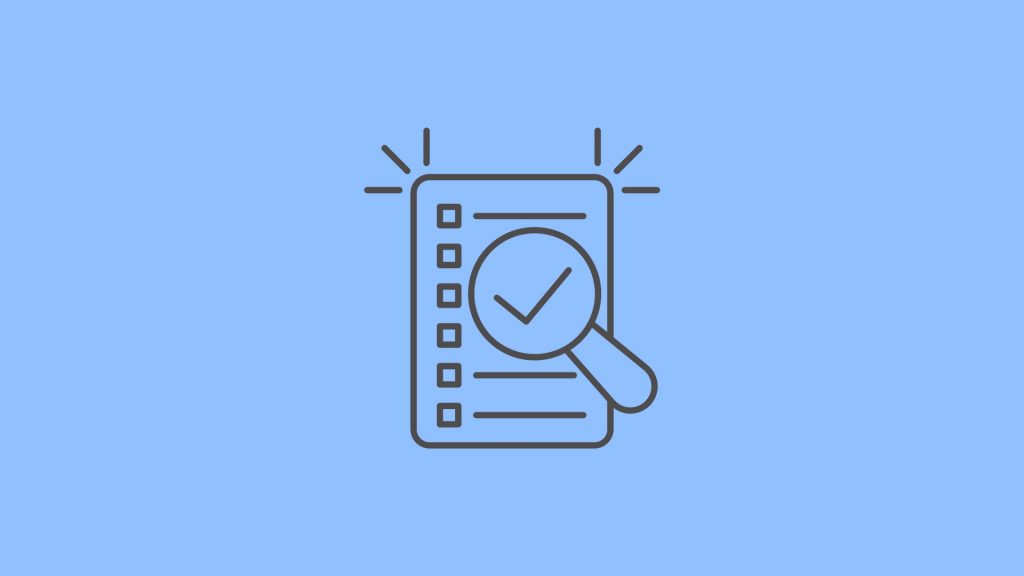
Maintaining accurate employee records and sensitive HR data is crucial for small businesses. HR software for small business provides a secure and centralized database to store all of your employee information, ensuring data integrity and minimizing the risk of data breaches or unauthorized access. Additionally, some of the best HR software for small businesses offers data backup and encryption features to protect valuable HR data such as payroll information or visa status.
3. Enhanced employee self-service
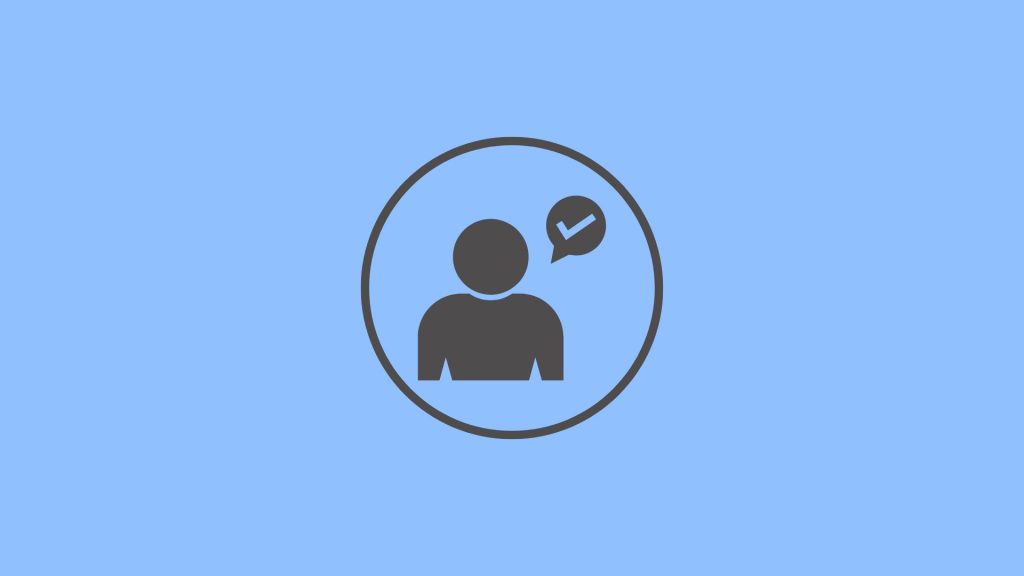
HR software often includes employee self-service portals, which empower employees to manage their own HR-related tasks. HR software for small business employee self-service features allows your employees to update their personal information, submit leave requests, track and manage their time-off balances, access payslips, and view company policies. By enabling self-service, small businesses can reduce their HR’s administrative workload while empowering employees to access their benefits and manage their information without requiring the assistance of their managers or HR department.
4. Compliance with employment laws and regulations
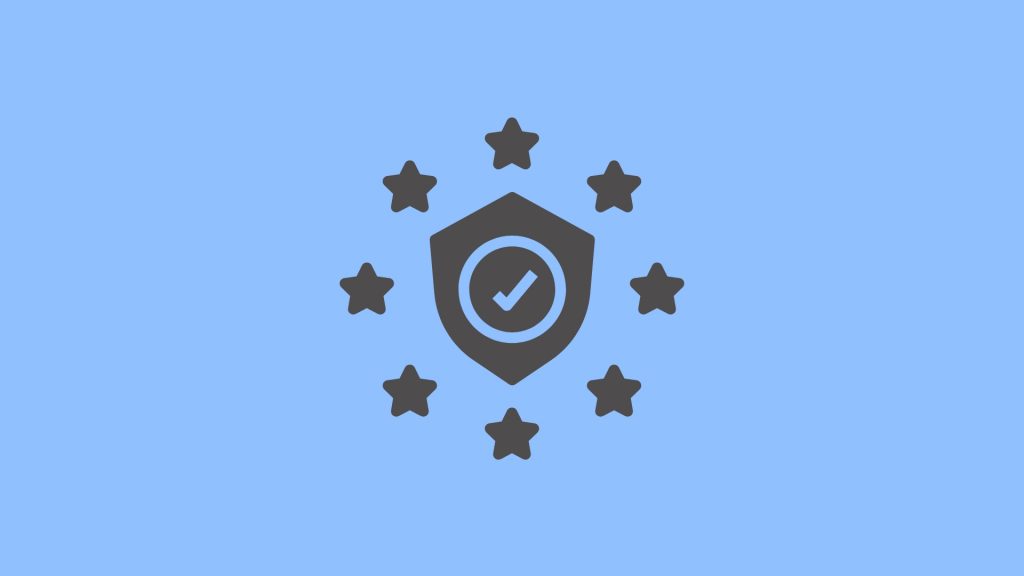
Small businesses must comply with various employment laws and regulations, such as tax requirements, minimum wage laws, and labor standards. HR software can help automate compliance processes by generating accurate reports, easily tracking employee hours, and quickly calculating payroll taxes. These functions not only save time, but reduce the risk of non-compliance, penalties, and legal issues associated with HR-related regulations.
5. Data-driven decision-making
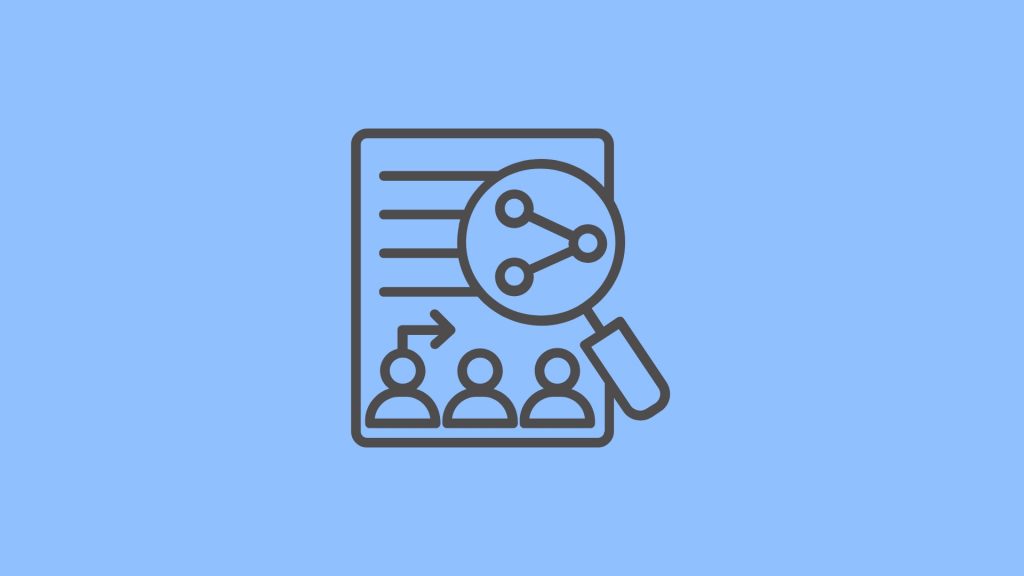
HR software for small business provides your teams with valuable insights and analytics regarding your workforce. It allows HR to track employee performance, identify skill gaps, analyze turnover rates, and monitor overall HR metrics. These data-driven insights enable informed decision-making, helping small businesses optimize their workforce, identify training needs, and implement strategies to prioritize employee engagement and retention.
Determining the Best HR Software for Small Business
Assess your HR needs
Start by evaluating your organization’s specific HR requirements. Depending on the size of your business, the number of employees you manage, and the HR tasks your team oversees, you may need different features. Identify these key functionalities you are looking for in a HR software for small business.
Set a budget
Determine a reasonable budget you can allocate for HR software. Consider both the initial investment and ongoing costs, such as subscription fees, training, and support. Some HRIS offer complimentary implementation and training services, which should be considered in your evaluation.
Further, while HR software for small business comes at a cost, it’s worth noting the upfront investment versus the long term gains. Studies have shown HR automation can decrease administrative costs by 30% for HR professionals and 49% for employers.
Research available options
Conduct thorough research to identify HR software providers that cater to small and growing businesses. In addition to offering the features your business is in need of, look for reputable vendors that offer scalable solutions, have positive customer reviews, and provide comprehensive support.
Make a shortlist
Based on your research, create a shortlist of HR software for small business that align with your business needs and budget. Narrow down your options (typically three to five solutions) to take a closer look at the features and costs that will best fit your team.
Evaluate features
Review the features and functionalities offered by each shortlisted HR software for small business. Assess which solution covers your essential requirements such as payroll processing, benefits administration, time and attendance tracking, employee self-service, performance management, or compliance management. This is a good stage in the process to schedule a demo to learn more about the software and better understand its functionality.
You’ll want to get a good understanding of the following features to help determine which HR software for small business is the best fit:
- Consider user-friendliness
Evaluate the user interface and ease of use of each HR software solution. Look for intuitive navigation, well-designed dashboards, and customizable options that can be easily adopted by your HR team and employees.
- Integration capabilities
Check if the HR software can integrate with other systems or software you currently use, such as accounting software or applicant tracking systems. Seamless integration reduces data entry duplication and improves overall efficiency.
- Scalability and flexibility
Consider the growth potential of your business. Choose an HR software solution that can scale with your needs and accommodate future expansion. Flexibility in terms of customization and module selection can be a huge benefit as your company continues to evolve.
- Security and compliance
Pay close attention to the security measures and compliance features provided by each HR software solution. Ensure they adhere to industry standards, have data encryption capabilities, and offer secure access controls to protect sensitive employee information.
Compare pricing and support
Review the pricing plans and packages offered by each HR software provider. Consider the value for money, contract terms, and any additional fees or charges. Additionally, evaluate the level of customer support and training provided by each vendor.
Make a final decision
Based on your evaluations, select the HR software solution that best aligns with your small business needs, budget, and future goals. Take into account factors such as functionality, user-friendliness, integration capabilities, security, and customer support.
Implement and train
Once you have chosen the best HR software for your small business, develop an implementation plan and schedule training for your employees.
HR Software Features for Small Business
There’s a lot of features to review and look out for in HR software for small business. While each function of HR is important, some features are more impactful than others for small businesses. Let’s take a look at the most impactful HR software for small business features.
Automated onboarding
Onboarding has a huge impact on employee engagement and can set the tone for the culture of your organization. While all businesses benefit from a cohesive and comprehensive onboarding process, small businesses in particular feel the benefits (and pitfalls) of their onboarding programs.
This is often because small businesses operate with small teams, meaning culture and employee engagement has an immediate and profound impact on the productivity and outcome of the business.
HR software for small business helps keep your onboarding program consistent, by allowing your HR team to build out processes and communications that can be easily duplicated and scheduled to ensure a timely, routine onboarding program for each new hire. From building customizable offer letter templates to easily tracking onboarding training completion, automated onboarding procedures help HR stay on top of making a great first impression for new hires.
Time and attendance tracking
Employee benefits such as time off are a key driver for attracting and retaining top talent. But so often HR teams get bogged down with calculating and tracking leave balances and time off requests, which creates bottlenecks and prohibits employees from accessing their benefits.
HR software for small business allows employees to manage their time off balances and requests directly, empowering them to get the most out of their benefits while alleviating HR and management teams from the administrative burden of time tracking and scheduling syncing.
Time and attendance tracking further supports your company’s efficiency by making it easier and faster to generate data and analytics for functions such as payroll, personnel budgeting, performance management, and employee engagement efforts.
Compensation and benefits administration
So often, small businesses rely on disjointed spreadsheets to manually track time off, pay cycles, and employee benefits, relying solely on manual entry and employee self-reporting, a system highly prone to human error.
Many HR software for small business help you manage, maintain, and process your payroll at the end of each monthly cycle with auto calculations and clean systems that make it easy to quickly fix any errors. When it comes to setting up a payroll for small businesses, the right HR software ensures compliance with tax laws and employment regulations and enables you to streamline your workflows while reducing errors.
Benefits of HR software for small business payroll processing include:
- Automated calculations and deductions
- Higher pay slip accuracy
- Insightful financial analytics and reports
- Helps ensure you meet and maintain compliance
- Stores payroll data securely
- Simplifies reimbursements for business expenses
Implementing HR software in your company reduces complex calculation processes and provides you with a centralized platform to view and manage the most important asset of your company, your employees.
Employee self-Service and data management
Without an HRIS in place, employees are reliant on their managers and HR teams to help them access everything from updating their home address to applying for time off to reviewing their performance review results. These simple tasks take up valuable time for HR professionals, and creates a bottleneck for employees to access their own information, creating a frustrating employee experience all around.
HR software for small business offers a centralized data management system that holds all of your employee documents in a single, secure platform. Assign different levels of access to your employees, managers, and CEOs while maintaining control of the data, and empower your teams to self manage their information, relieving HR of the time consuming burden and building a culture of trust among your employees.
Performance management
Performance management is no small task for HR teams and managers. Consisting of annual, bi-annual, and even quarterly performance reviews, regular 1-on-1 check ins, 360 degree feedback, and project performance data, the information required to establish and maintain an accurate and impactful performance management system is vast. HR software for small business helps simplify the entire performance management process. From scheduling reviews and assignment reviewers, to automated tracking and reminders, to confidential feedback collection. HR software for small business has well designed systems to make this management process easy for HR teams. And with built in reports and analytics, you can easily and quickly run reports that provide actionable insight into your workforce, no spreadsheet required.
Reports and analytics
Data matters, particularly for small businesses, it is necessary to measure the impact of every strategy you enact. From performance management to payroll for HR, to equipment assignments and office building access for IT, the data you hold for your employees affects each aspect of your small business. With manual or disjointed reporting tools, information can easily get lost, or go out of date, causing miscommunication and errors in your workflows.
HR software for small business houses the vast amount of data and information you track for your workforce and automatically updates relevant stakeholders of changes or updates when relevant. With reporting tools built into the HRIS, it’s easier than ever to run various reports in a matter of minutes to access accurate and insightful data to help your business run.
Elevate Your Small Business with Omni’s All-in-one HR Software
Powering Asia’s fastest-growing, modern companies, Omni’s HR software for small business scales alongside your company so you can customize and leverage the system to meet your business exactly where you are — as well as where you’re going.
With a full suite of modules to support every aspect of your business, Omni liberates HR teams from administrative cycles by automating the entire end-to-end employee life cycle — from recruitment and onboarding to employee engagement and payroll and beyond — allowing you to redirect your time to strategic initiatives that drives your business’s growth.
Omni’s intuitive and fully customizable platform integrates with your team’s favorite tools for a seamless and timely adoption. And at only $3/employee/month, you can leverage HR automation to decrease administrative costs.
Book a demo with our team today to learn how Omni can help transform your small businesses HR processes.


